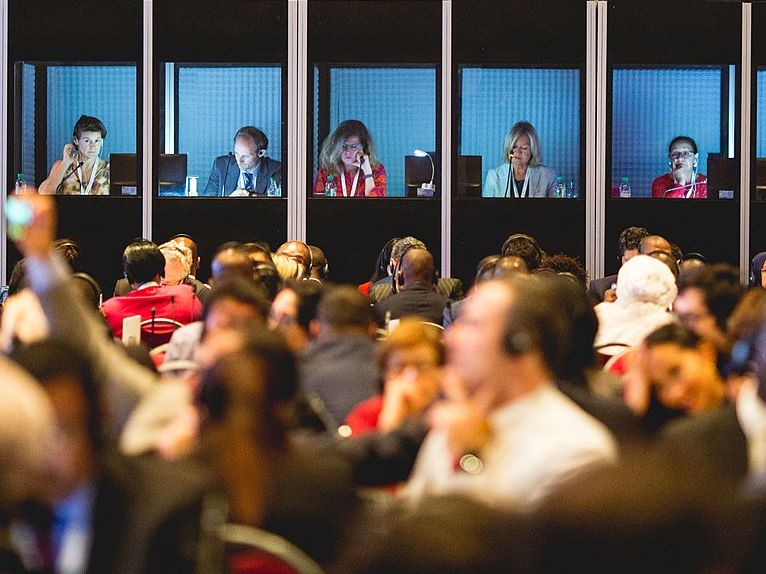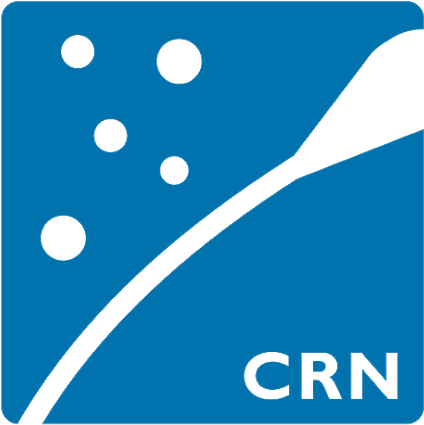Polyglot Translations
Simultaneous Interpretation
1. |
What is Simultaneous Interpretation? |
| Simultaneous Interpretation (SI), sometimes erroneously called simultaneous translation, is a mode of translation where translators orally translate what is being said into another language in real time. |
Simultaneous interpretation vs consecutive interpretation.
Consecutive interpretation (CI) is another verbal translation mode where interpreters await the speaker to deliver a couple of sentences before they start to translate.
| SI Mode |
||
| Speakers Talk |
|
|
| No Pause
|
|
|
| Interpreters Translate | ||
| CI Mode |
|
|
| Speakers Talk |
Pause |
Interpreters Translate |
Simultaneous Interpretation is the most efficient interpreting mode that allows you to communicate with your audience on the fly, instead of having to pause from time to time to await your translator to complete the interpretation.
It’s applicable for meetings, conferences and events of all sorts and sizes, be it monolingual, multilingual, small, large, virtual, physical, casual or formal.
2. |
How does Simultaneous Interpretation work? |
| To make Simultaneous Interpretation work, you will need the services of skilled interpreters together with simultaneous interpretation technologies. |
Interpreters
Qualifications
Due to the demanding and complex nature of SI, interpreters who have related educational background, language proficiency, expertise in simultaneous interpretation and experience of translating in hundreds of thousands of meetings are critical to high-quality interpretation.
Working mode
Depending on the length, languages and topic of the meeting, interpreters normally work in a team of two or three.
Technologies
Simultaneous interpretation system
An SI system consists of a series of devices which allow you to listen to real-time translation via headsets.
| Speakers | Audience | |
| Talk via conference microphones
|
Transmits the translation to headsets
|
|
| SI System |
||
| Transmits the Audio Feed
|
Translated Audio
|
|
| Interpreters | ||
Simultaneous Interpretation Booth
As simultaneous interpretation requires extreme concentration, interpreters need to work in a sound-proof booth that isolates them from the rest of the participants.
Interpreters have a direct view of activities in the conference room. This allows them to focus on both the voice and non-verbal cues of the speaker to ensure the most accurate translation.
Technical Support
A conference technician must be present and operate the SI system throughout the conference.
3. |
SI Services |
| The success of your event depends on how effectively your information is conveyed to the audience. A well-prepared speech is very important, but without a team of qualified interpreters and the right equipment, all of the time and money you've invested will be wasted. |
Minimise your Risk - Count on Polyglot Translations
-
In the past 50 years we have accumulated a large pool of interpreters.
-
We monitor and track the expertise and performance of our interpreters.
-
We know who the most suitable interpreter for your event will be, and where to find them.
-
The professionals we work with have interpretation experience that has been gained over the course of hundreds (sometimes thousands) of meetings.
-
No matter what the topics of your meeting may be, our interpreters study them in depth before-hand to ensure they are fully prepared on the subject matter.
All of the above adds up to you receiving the highest level of simultaneous interpretation service possible.
Recent Cases
The US President Inaugural Address Livestreaming
Mobile World Congress Shanghai
Best equipment and technical support
-
We provide all kinds of high quality simultaneous interpretation and conference equipment.
-
From ISO-standard booth, Bosch interpretation equipment, portable Tour Guide system, video cameras to conference microphones.
-
They are suitable for any size or type of your physical event OR webinars.
-
We set up and test the equipment before the event and have professionals on-call to sort out any issues if they arise.
We are committed to delivering you a perfect meeting. Contact us to discuss a customised solution for your event.
Polyglot Translations
Unit 1201, The Workst@tion, 43 Lyndhurst Terrace, Central, Hong Kong
Tel: (852) 2851 7232
Fax: (852) 2545 9537
Powered by Working Websites
Polyglot Translations
Unit 1201, The Workst@tion, 43 Lyndhurst Terrace, Central, Hong Kong
Tel: (852) 2851 7232
Fax: (852) 2545 9537
Designed by Working Websites Powered by WebWave




